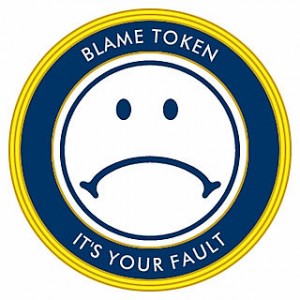 With smells of honeysuckle and juniper lofting over the pungent spring mud, a woman is walking her dog down a quiet country road as the day starts to wane. Happy to be taking in the spacious feel of the outdoors, together they stroll past trees and fields, connected by 6 feet of leash and a shared appreciation for the scents, sights, and sounds of the lush green world at the edge of their neighborhood.
With smells of honeysuckle and juniper lofting over the pungent spring mud, a woman is walking her dog down a quiet country road as the day starts to wane. Happy to be taking in the spacious feel of the outdoors, together they stroll past trees and fields, connected by 6 feet of leash and a shared appreciation for the scents, sights, and sounds of the lush green world at the edge of their neighborhood.
They come along a shaded house by the side of the lane, and both of them glance over to see two dogs bolting out a screen door, racing towards them with growls, barks, and teeth exposed. With shock and terror, the woman doesn’t know whether to run or stand firm. Her dog is too big to lift and too old to fight. There is a noisy stand-off, canine threats from both sides, and in no time, a short dog fight.
Just as the woman can pull her dog away, a man comes out of the house and stands on the porch with his arms folded in a defensive manner. Look here https://chwilowkionline247.pl/sms-kredyt to find more information right now. The two unleashed dogs run back to the house and stand by their master. The man continues to stand with his arms crossed, defiantly.
The woman’s emotions are raw. Catching her breath, she notices her impulse to scream at this man, to beat him down with her indignance. She wants to hold him accountable, to make it clear that she is the good person who had her dog on a leash and that he is simply a bad person. The urge to blame this person and make him wrong is overwhelming.
She decided to not indulge the urge. Instead, she stood there holding onto her dog’s leash, as the two people stared at each other. She did shout out, but what came from her was “I’m so glad you came out”, and she said it with real appreciation. His response was a simple “You’re welcome. If I’d known it was happening I would have come out sooner.”
In each of us is an immense capacity to blame. It takes a high level of emotional intelligence to see the impulse to indulge situations where that capacity wants to be indulged. Some situations make it easy to find who was at fault and to use that person – and that story – as the focal point of our need to both make convenient sense of the situation and give the emotions a place to treat as their target.
A step in emotional growth is to notice the seductive pull to channel emotions into the blame game. Even when there IS someone at fault and the story lends itself to blame, you can observe the part of you that wants to indulge the opportunity to blame; you can question if this part of you wants something akin to healing or something akin to revenge. Accountability leads to healing whereas blame does not.
Much healing comes from taking responsibility for the meaning we place on the experiences we have. While someone else really might be to “blame” for what happened, it is we, ourselves, who create the world that we experience, triggered by events out there. We create the perceptions, emotional floodings or shut downs, and contractive or explosive responses.
Whenever blame gets triggered in you, it is an opportunity to examine what you use to come up with the meaning you applied to the situation and to explore who this part of you is who wants to indulge the passive aggressive endeavor of blame.
Copyright © 2014 Jim Lehrman